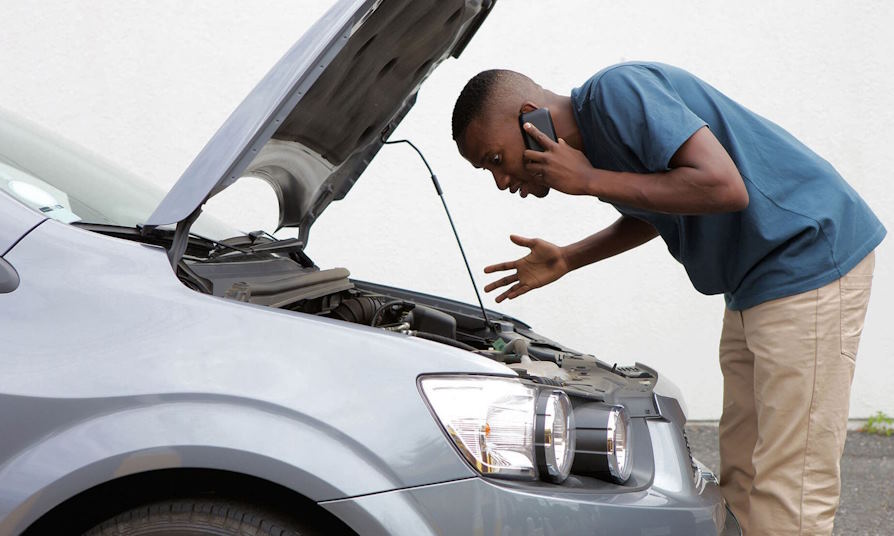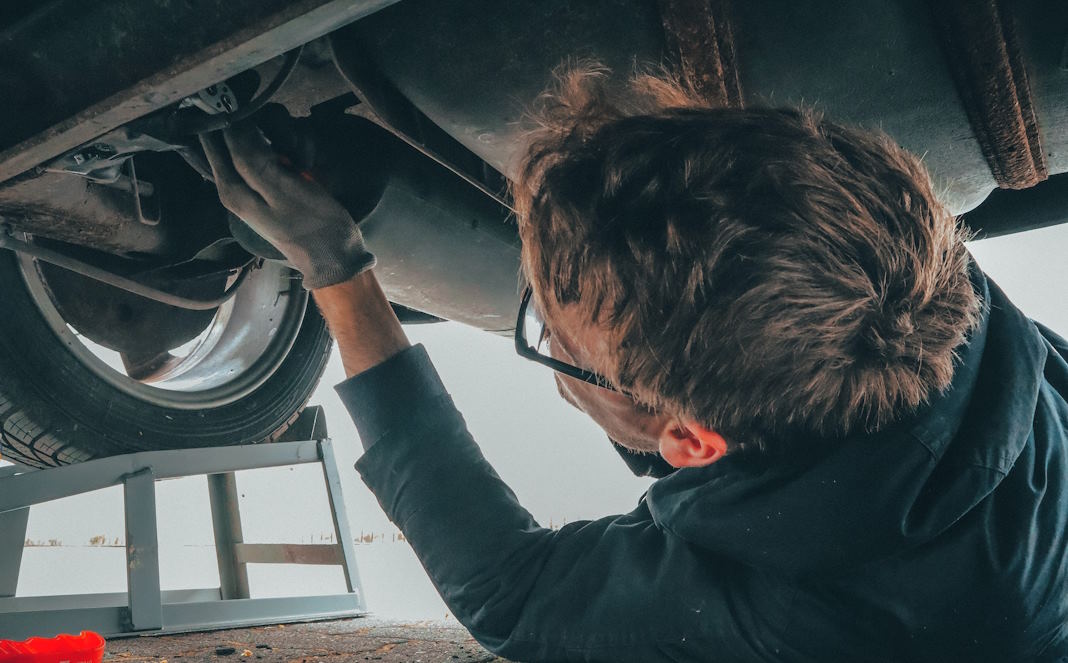Your vehicle is more than just a means of transportation; it’s an essential part of your daily life, connecting you to work, family, and adventures on the open road. However, as any car owner knows, with the privilege of mobility comes the responsibility of maintenance and occasional repairs. When that check engine light starts flashing or you hear an ominous clunk beneath the hood, you’re faced with a crucial decision: should you roll up your sleeves and attempt a do-it-yourself (DIY) auto repair, or is it time to call in the professionals?
Pros and Cons of DIY Auto Repairs
When that pesky engine light starts blinking or your brakes squeal, the decision to DIY or call in a professional can be a tough one. Let’s dive into the advantages and disadvantages of DIY auto repairs to help you make an informed choice.

Advantages of DIY repairs:
- Cost Savings: Perhaps the most enticing benefit of DIY auto repairs is the potential to save a substantial amount of money. By doing the labor yourself, you can avoid the hefty hourly rates charged by mechanics. Additionally, you have control over the parts you purchase, potentially choosing more budget-friendly options.
- Learning Experience: Tinkering under the hood offers a valuable learning experience. DIY repairs can turn you into a more knowledgeable and self-reliant car owner. You’ll gain a better understanding of your vehicle’s intricacies, potentially diagnosing issues more accurately in the future.
- Convenience and Flexibility: DIY repairs allow you to set your schedule. No need to book appointments or wait at the auto shop. You can work on your car when it’s most convenient for you, whether it’s the middle of the night or a lazy Sunday afternoon.
Disadvantages of DIY repairs:
- Lack of Expertise and Knowledge: Not everyone is a seasoned mechanic, and attempting complex repairs without the right knowledge can lead to disaster. Mistakes can be costly, both in terms of time and money.
- Risk of Making the Problem Worse: DIY repairs can turn a minor issue into a major one if not executed correctly. You might fix one problem but inadvertently create new ones.
- Time and Effort Required: DIY repairs can be time-consuming, especially for those without prior experience. You’ll need to invest time in research, troubleshooting, and actually performing the repair. This can be a significant commitment for some.
Situations Suitable for DIY Auto Repairs
Taking the DIY route for auto repairs isn’t just about saving money; it’s also about gaining confidence and control over your vehicle’s well-being. While some repairs should undoubtedly be left to the experts, there are several situations where DIY auto repairs are not only feasible but also rewarding.
Routine Maintenance Tasks:
- Oil Changes: Regular oil changes are the lifeblood of your car’s engine. Performing this simple task on your own can save you a trip to the mechanic and ensure your engine stays well-lubricated, prolonging its lifespan.
- Air Filter Replacement: A clogged air filter can hamper your engine’s performance and fuel efficiency. Replacing it is a straightforward task that requires minimal tools and can be completed in a matter of minutes.
- Spark Plug Replacement: Old or faulty spark plugs can lead to poor engine performance. Replacing them is relatively easy, and it can noticeably improve your car’s fuel efficiency and smoothness.
Basic Troubleshooting and Diagnosis:
- Checking and Replacing Fuses: Electrical issues are common in vehicles, and many of them can be traced back to blown fuses. Learning how to locate and replace these small components can save you from costly trips to the repair shop.
- Inspecting and Changing Brake Pads: Brake maintenance is crucial for safety. Learning to inspect and replace brake pads can not only save money but also ensure your brakes are in optimal working condition.
- Replacing the Battery: A dead battery is a common issue, especially in extreme weather conditions. Swapping out the battery is a straightforward procedure and can be done with minimal tools.

Signs It’s Time to Call a Mechanic
While DIY auto repairs can be satisfying and cost-effective, there are times when it’s best to put down the wrench and call in a professional mechanic. Recognizing these signs is crucial to ensure your vehicle’s safety and longevity.
Complex or Dangerous Repairs:
- Engine and Transmission Issues: When your engine sputters, your transmission slips, or you notice any significant power loss, it’s time to consult a mechanic. These are complex systems that require specialized knowledge and tools to diagnose and repair.
- Suspension and Steering Problems: Problems in these areas can compromise your vehicle’s stability and safety. A mechanic can properly assess issues like worn-out shocks, struts, or steering components to ensure your car handles safely.
- Electrical and Computer System Malfunctions: Modern vehicles rely heavily on complex electrical and computer systems. If you encounter issues like persistent warning lights, erratic behavior, or electrical failures, a mechanic with diagnostic tools and expertise is essential.
Lack of Confidence or Experience:
If you lack the knowledge or experience to tackle a particular repair confidently, it’s wise to seek professional help. Attempting complex repairs without the necessary skills can lead to further damage and increased costs.
Warning Signs and Indicators:
- Check Engine Light: This light often signals a problem in your vehicle’s engine or emission control system. While it might be something minor like a loose gas cap, it can also indicate more severe issues that require a mechanic’s expertise to diagnose and repair.
- Unusual Noises or Odors: Strange sounds, such as grinding, clunking, or hissing, can be signs of trouble. Unusual odors, like burning rubber or oil, can also indicate problems that require immediate attention.
- Loss of Control or Safety Concerns: Any issue that affects your car’s handling, braking, or safety should prompt a call to a mechanic. Safety should always be a top priority, and professionals can diagnose and address these concerns effectively.
